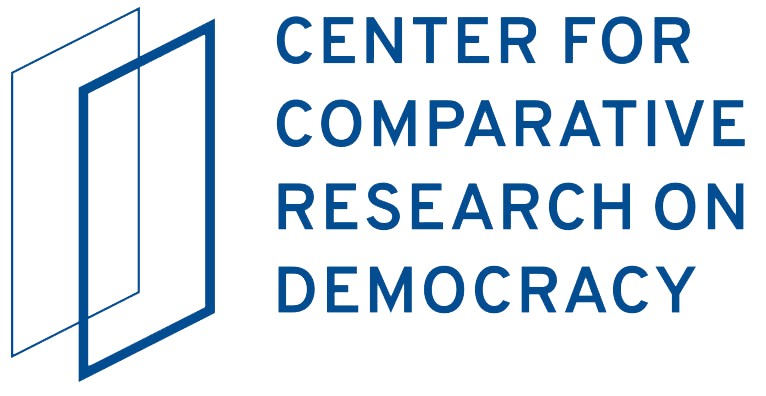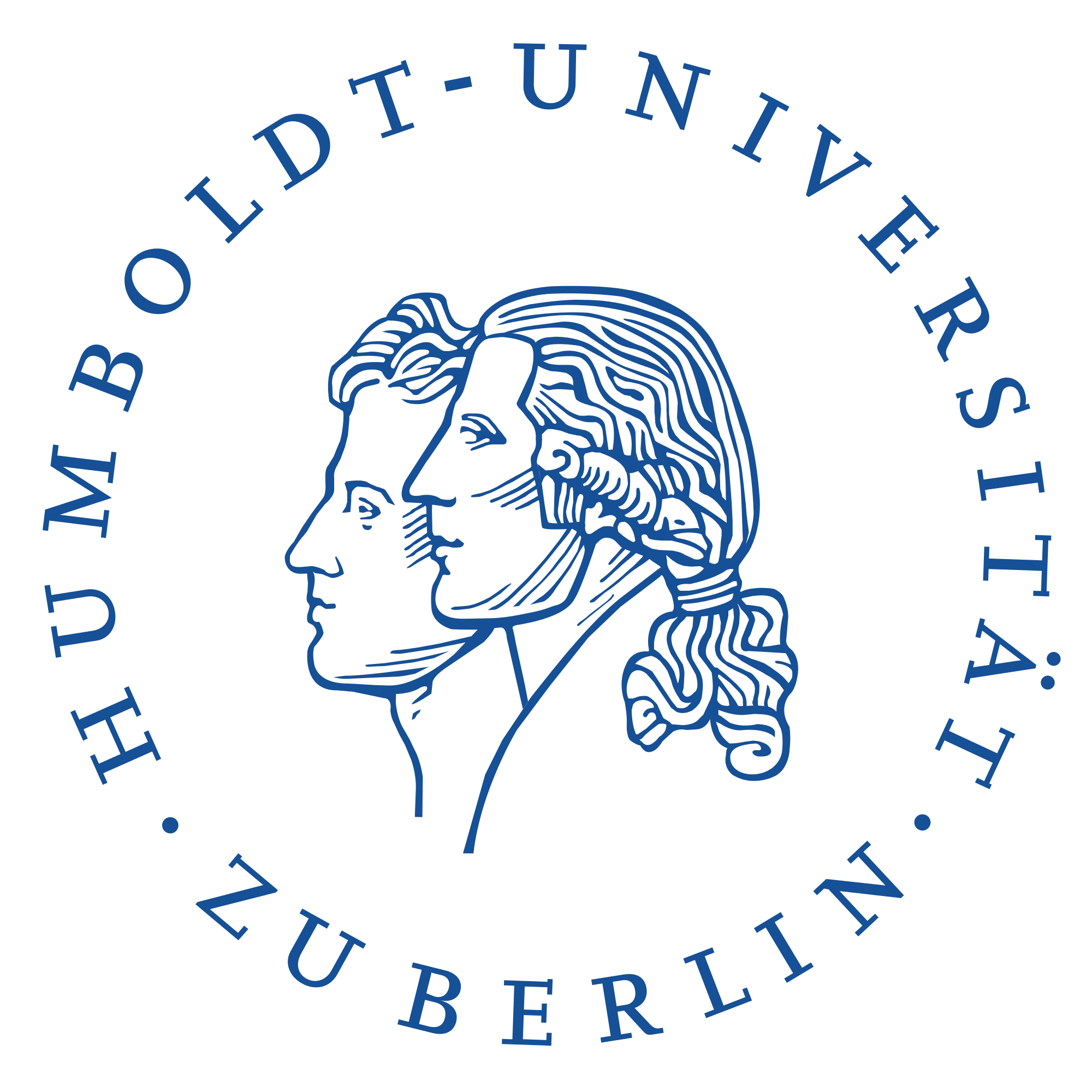How the state acts materially and symbolically: The making of refugee integration policy in Germany
Researcher
Dr. Melehat KutunProject description
The aim of the study is twofold: To understand the socio-genesis of the state power by monitoring the role of the state agents/actors in the integration of refugees into the labour market and to contribute to the theoretical conversation between state theory and critical migration studies on the German context. The study takes 2015 as a starting point assuming that the refugee influx began to be reflected in the refugee integration policies and the labour market policies concomitantly. The basic assumption of the research is that refugee integration policy is first and foremost a labour market policy. The final aim is to expose how the state acts in a material and symbolic manner?
Duration
2020-2022
Funding
Einstein Foundation Berlin Academic Freedom Program
Trans-Exile Intellectuals: “Continuities and Breaks in Knowledge Production Processes in Transnational Social Space”
Researcher
Dr. Latife AkyüzProject description
The focus of this project is to identify, discuss and explore, how knowledge production process of exile intellectuals ruptured, what meanings/ experiences/ identifications are attached to new life in Germany and what kind of new developments occurred or difficulties created by the status of ‘being exile’ for intellectuals who fled from Turkey after failed coup attempt in July 2016.
The main aim of the project is to investigate the multi-dimensional, contested and shifting patterns of social positionality of these exile intellectuals within their everyday life, relations with the state and with professional networks in transnational social context. This immigration, which has been going on for more than four years -mostly to Germany- already seem to take its place in the history of exile. It is obvious that this will continue to increase as the Turkish government continues its polarizing, repressive and anti-democratic, unlawful policies. It is not possible to explain this last wave of migration neither by reference to any period of immigration from Turkey to Germany nor by the concept of "brain drain". It can be characterized as both the brain and worker/ labour immigration, and also the displacement of intellectuals who were/ are the political subjects of the country. It is obvious that this migration will have long term effects on the economic, political, social and cultural lives of both Turkey and the countries in exile. As a subject and a researcher of this state of exileness, it is my primary responsibility to keep a record of the process and therefore of our own history.
Duration
2020-2021
Funding
Einstein Foundation Berlin Academic Freedom Program
City as a gaze into inclusion and exclusion: Turkish-origin inhabitants of/in Berlin
Researcher
Dr. Sinem AdarProject description
In her project, Dr. Adar explores the material and emotional conditions of belonging as experienced by Turkish-origin inhabitants of/in Berlin. Through spatial analysis, interviews and participatory observation, this research seeks answers to the following questions: What are the characteristics of the neighborhoods where Turkish-origin inhabitants in Berlin mostly live in? How have these neighborhoods demographically and spatially changed over time? What kind of interactions do take place at crucial places for socialization such as schools, mosques, and neighborhood associations? How do Turkish-origin inhabitants perceive their social standing vis-à-vis majority population, on the one hand, and vis-à-vis new migrants, on the other hand? What kind of emotional traces do these perceptions leave on Turkish-origin inhabitants?
Duration
2019–2020
Funding
Einstein Foundation Berlin Academic Freedom Program
Turning memories into Films: Kurdish filmmaking in Germany
Researcher
Dr. Özgür ÇiçekProject description
This project examines the motivations and dynamics behind Kurdish filmmaking in Germany. Through interrogating how film functions for releasing the undocumented memories of Kurdish people, this research defines and questions the narrative and aesthetic tendencies of German-Kurdish cinema, for carving out the patriarchal and political conflicts that are transferred to Germany from different parts of Kurdistan. The questions that are raised and pursued in this project are: How do German-Kurdish films work up the migration histories of Kurdish people in Germany? How and why does filmmaking emancipate the memories? What is the cinematic transnational linkage between Kurdistan and Germany?
Duration
2019–2020
Funding
Einstein Foundation Berlin Academic Freedom Program
Digital Spaces of New Migrants from Turkey: Collectivities, Affinities, and Affective Politics
Researcher
Özlem SavaşProject description
This research focuses on affective digital media spaces and practices that accompany the recent migration from Turkey, which has been prompted by political oppression and turmoil. Through engaged ethnography, it explores how collective, public, and political feelings that are expressed, circulated, and archived through digital media shape and reshape subjectivities, relations, affinities, and political horizons along with possibilities of hope.
Funding
Einstein Foundation Berlin
Publications related to the project:
Savaş, Ö. "Rakı Table Conversations of New Migration from Turkey: Emotion, Intimacy and Politics,” in Material Culture and Forced Migration: Materializing the Transient. Eds. F. Yi-Neumann , A. Lauser, A. Fuhse and P. J. Bräunlein. London: UCL Press, forthcoming in 2021.
Savaş, Ö. “Affective Digital Media of New Migration from Turkey: Feelings, Affinities, and Politics,” International Journal of Communication 13, 2019, pp. 5405-26


